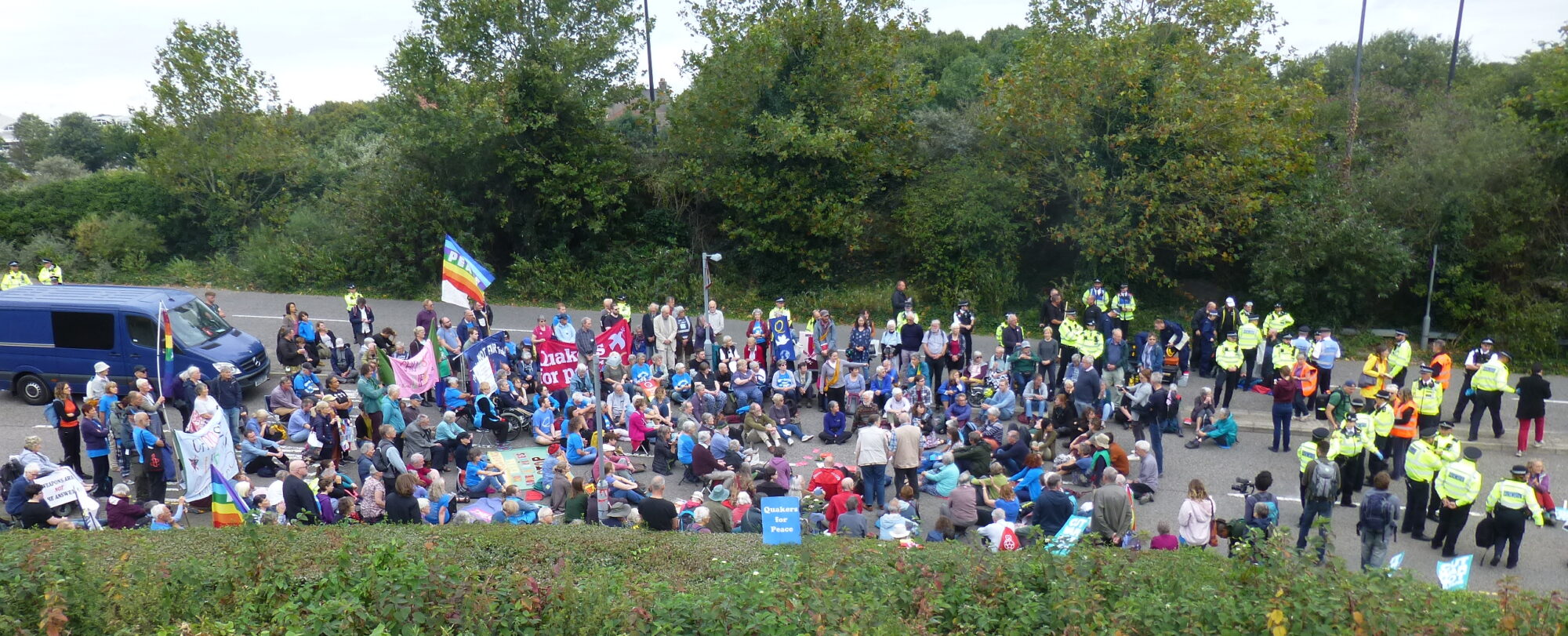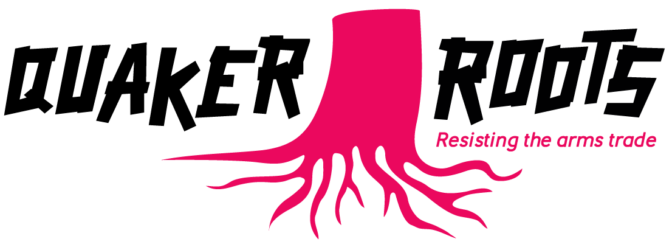Sayed from Bahrain offers this analysis of how the UK arms trade is connected to the suppression in his home country.
The Kingdom of Bahrain, where I was born, is a tiny island located in the Persian Gulf. It is ruled by the House of Khalifa, a Sunni royal family that governs with an iron fist over a majority Shia population.
Throughout the five-decade long rule of the monarchy, Bahrain’s population have regularly waged struggles for democracy and human rights and faced violent repression from the ruling regime as a result. Despite the end of British colonial rule formally in 1971, the UK continues to play a pivotal role in supporting the government through political support, military and police training, and arms sales.
2011 pro-democracy protests
In 2011, Bahrain was swept by the largest protests in its history, known as the Arab Spring. Inspired by the pro-democracy protests in Tunisia and Egypt, Bahrain’s citizens took to the streets to demand their rights and call for democracy. The New York Times estimated that around 100,000 people, out of a citizen population of over 500,000, joined the protests. What began as a simple demand for some democratic reforms grew into calls by Bahrainis for an end to the two centuries of the Al-Khalifa monarchy. The streets were filled with slogans of hope, change, freedom, and democracy, with the slogan “The people want the downfall of the regime” reverberating throughout both the country and the Arab world.
This feeling of hope was brutally crushed by the Bahraini government that was determined to hold onto power at all costs. Protestors were arrested, imprisoned and some even killed. I personally experienced this violent repression in 2011 when during the protests, I was tortured by Bahraini authorities.
The sickle-shaped scar on my forehead is a reminder of the days that we lived in hope for freedom and the dreams that were so brutally crushed. After going public with what I had been subjected to, I was arrested and sentenced to six months in prison. We were constantly threatened with torture, even when we stood in corridors outside the courtroom. I was held in Bahrain’s infamous Jau Prison, which today holds over 1,000 political prisoners. The prison is rife with psychological and physical torture, and is meant to break your soul—all this suffering for simply standing up for one’s ideals in Bahrain. After completing my six month sentence, I fled the country, fearing further abuse from Bahraini authorities, and sought refuge in the UK.
Role of UK arms in repression
It breaks my heart that the very country that provided me with asylum and shelter helps fuel repression in the country I was forced to flee and that Bahrainis continue to be subjected to.
The Al-Khalifa’s brutal crackdown on our hopes for a democratic Bahrain was aided and abetted by arms and other equipment exported to the regime from the UK. In 2010, the year before our peaceful uprising, the UK government exported tear gas and crowd control ammunition to Bahrain, both of which were used against protesters in Bahrain and led to fatalities.
In the months following the regime’s violent repression, the UK government approved the sale of over £1m worth of military equipment including licenses for gun silencers, weapons sights, rifles, artillery and components for military training aircraft.
Bahrain is now one of the most repressive countries in the Middle East. Since the uprising, the Al-Khalifa’s have done everything they can to make sure that the events of 2011 do not repeat themselves. They have passed a series of laws restricting freedom of speech and assembly, and misused counter-terrorism laws to target anyone who opposed their despotism. With all opposition parties now outlawed, Bahrain’s elections are a sham, conducted in an atmosphere of repression and fear.
In spite of Bahrain’s worsening rights records, the UK’s cooperation with the country’s dictatorship has only increased, including arms sales. From 2012 to 2022, the UK approved a total of 408 military export licenses, to Bahrain, worth £185m.
Despite the regime’s clampdown on protestors, the government has been unable to solve the political crisis and conditions that led to the 2011 uprisings. As I write this, over 800 prisoners in the notorious Jau Prison are on hunger strike, leading to expressions of concern from the UN and State Department. Bahrainis once again have taken to the streets to express their solidarity with them and question the fact that so many political prisoners remain behind bars simply for expressing their right to freedom of speech over a decade ago.
With unrest stirring, the potential for another uprising continues and my fear remains that it may be once again brutally repressed with weapons provided by the U.K. Government. British politicians and citizens alike should be concerned that arms produced in this country have, and may once again, play a role in strangling the emergence of a Bahraini democracy in its infancy.

